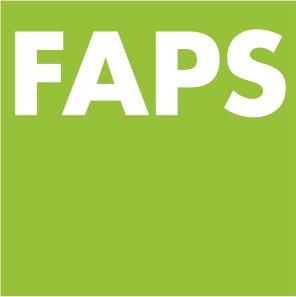Initial Situation
n the course of digitalization, extensive datasets, especially in complex manufacturing systems, have established themselves as an indispensable resource. These sectors, equipped with terabytes of measurement and process data, are on the verge of realizing their full potential through the use of advanced data processing technologies. Complex electronics manufacturing, characterized by high degrees of automation and advanced communication standards, offers optimal conditions for applying sophisticated analytical methods.
In this context, the latest developments in large language models (LLMs) and agent systems offer considerable opportunities for enhancing analytical capabilities. While conventional machine learning approaches often focus on correlations, more advanced analytical methods enable deeper understanding of relationships in production systems. The combination of LLMs with these advanced techniques could not only predict quality issues and production disruptions but identify their root causes more effectively.
Especially in manufacturing industries facing skilled worker shortages, automating complex analytical processes through LLMs and agents can contribute significantly to problem-solving. These systems can be trained on both general machine data and specific process knowledge, thereby reducing implementation barriers for advanced analytics in production environments.
Keywords
Advanced Analytics, LLM-based Automation, Agent Systems, Product Quality, Digital Root Cause Analysis
Task Description
Our research aims to explore how workflows for advanced analytics can be enhanced through LLMs and agent systems and evaluate their application in complex manufacturing. A specific use case is investigating methods to deploy LLMs as intelligent assistants for automated modeling of production processes. This should enable more effective analysis and resolution of quality issues and production disruptions. In this context, various student theses (e.g., literature research, conceptualization, modeling) are possible.
Potential Work Packages
Potential work packages are envisaged, which can be flexibly adjusted depending on the specific task and within the scope of the work:
- Familiarization with relevant fundamentals of advanced analytics, large language models and agent systems
- Definition of research questions around workflow automation
- Conducting literature review on analytical methods in manufacturing
- Using open-source LLMs to enhance analytical processes and fine-tuning on specific datasets
- Development and implementation of LLM-based agents for process modeling
- Evaluation and critical examination of results regarding robustness and implementation effort
- Complete documentation of the work (PPT, Word, Miro, etc.)
Requirements
- Passion for the subject area
- High motivation and commitment
- Very good knowledge of German or English
- Structured and independent way of working
- Teamwork
- Basic knowledge in machine learning and/or statistical methods advantageous
Miscellaneous
- Application-oriented research in cooperation with the industrial partners.
- The work can be done entirely from home office if desired.
- The workload can be adjusted depending on the type of work (PA/MA/AI).
Applications
Please send applications with CV and current overview of subjects by email to Sven.Meier@faps.fau.de (no cover letter or letter of motivation required). For further information about the scope and precise orientation of the work, I am available for a personal conversation.
Kategorien:
Forschungsbereich:
ElektronikproduktionArt der Arbeit:
Bachelorarbeit, Diplomarbeit, Masterarbeit, Projektarbeit, StudienarbeitKontakt:
Sven Meier, M.Sc., M.Sc.
Department Maschinenbau (MB)
Lehrstuhl für Fertigungsautomatisierung und Produktionssystematik (FAPS, Prof. Franke)
- Telefon: +491622603753
- E-Mail: sven.meier@faps.fau.de

